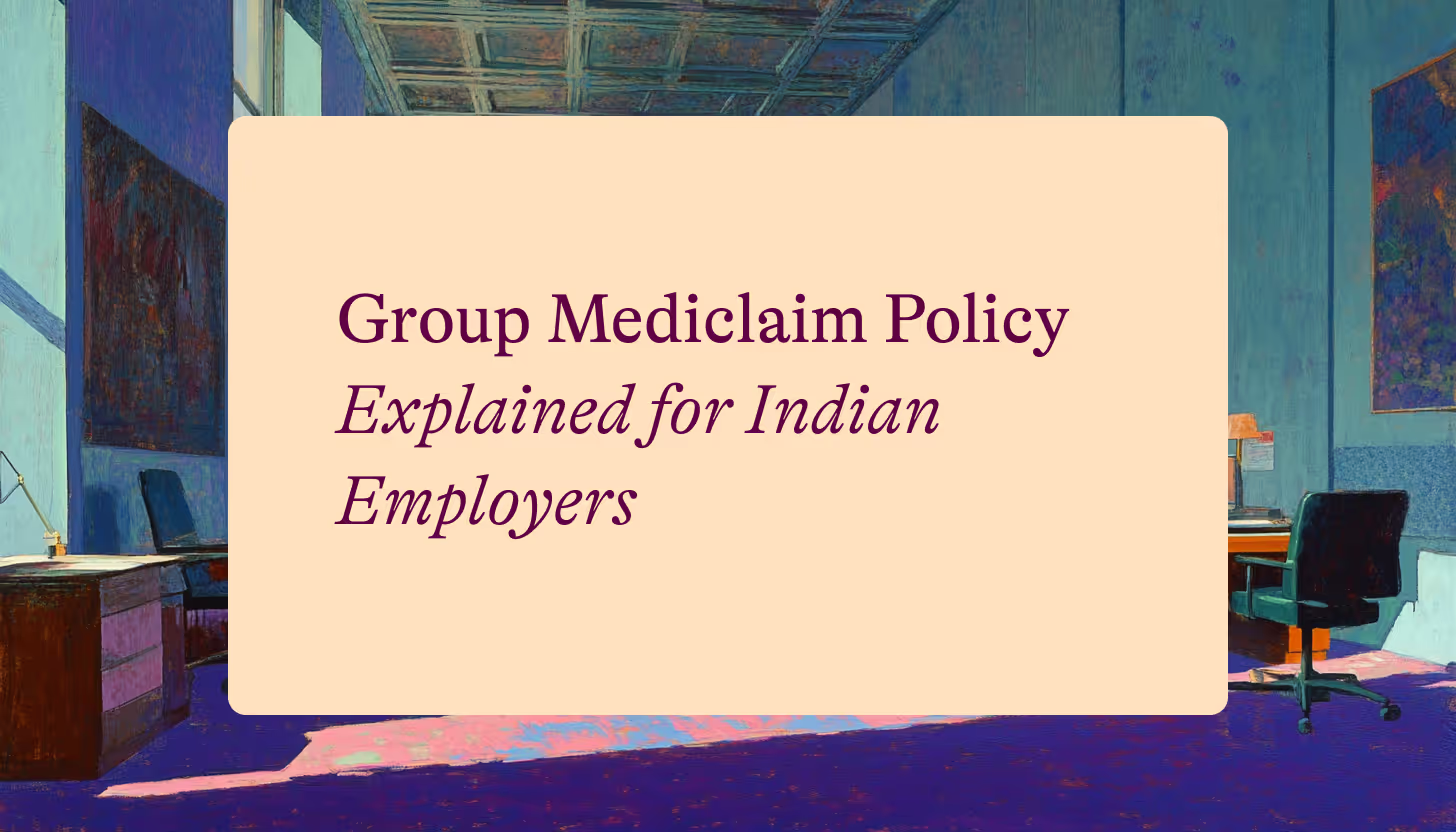What is a Stipend for Health Insurance?
A stipend for health insurance is a fixed amount of money provided by an employer to their employees, intended to help cover the cost of individual health insurance premiums or other healthcare expenses. Unlike traditional group health insurance, where the employer selects and administers the insurance plan, a stipend allows employees the flexibility to choose their own health insurance policies that best meet their needs.
Who is a Stipend Good For?
- Freelancers and Contractors: Provides health benefits without the commitment of traditional employment.
- Small Businesses: Offers a way to provide health benefits without the complexity and cost of managing a group health insurance plan.
- Diverse Workforces: Accommodates employees with varying health needs and preferences, allowing them to choose their own coverage.
How Does a Health Insurance Stipend Work?
- Allocation: Employers decide on a fixed stipend amount for each employee.
- Distribution: The stipend can be paid out monthly, quarterly, or annually, either as part of the payroll or as a reimbursement for documented health insurance expenses.
- Employee Choice: Employees use the stipend to purchase their preferred health insurance plans or pay for other qualified medical expenses.
Pros and Cons of Health Insurance Stipends
Pros of a Health Insurance Stipend
- Flexibility: Employees can choose their own insurance plans, tailoring coverage to their specific needs.
- Simplicity: Reduces administrative burden on employers, as they do not have to manage a group insurance policy.
- Cost Control: Employers can easily budget for healthcare expenses by setting a fixed stipend amount.
- Employee Satisfaction: Employees appreciate the autonomy to select coverage that best suits their personal circumstances.
Cons of a Health Insurance Stipend
- Tax Implications: Stipends are often considered taxable income for employees, potentially reducing the net benefit.
- Lack of Group Benefits: Employees miss out on the potential cost savings and comprehensive coverage often available through group health insurance plans.
- Variable Coverage: There is no standardisation in coverage, which can lead to gaps or inconsistencies in healthcare benefits among employees.
- Market Variability: Employees may face varying premium costs and coverage options depending on the insurance market.
{{group-insurance-quote="/web-library/components"}}
Best Practices for Health Insurance Stipends
- Clear Communication: Ensure employees understand how the stipend works, its taxable nature, and how they can use it.
- Regular Review: Periodically review the stipend amount to ensure it remains competitive and meets employees' healthcare needs.
- Documentation: Implement a system for employees to document and report their healthcare expenditures for reimbursement.
- Support: Provide resources and guidance to help employees choose suitable health insurance plans.
What is a Health Reimbursement Arrangement (HRA)?
A Health Reimbursement Arrangement (HRA) is an employer-funded plan that reimburses employees for qualified medical expenses and, in some cases, insurance premiums. HRAs are tax-advantaged, meaning the reimbursements employees receive are typically not taxed.
What Type of HRA is Best for Your Organisation?
Qualified Small Employer HRA (QSEHRA)
- Eligibility: Available for small employers with fewer than 50 full-time employees.
- Flexibility: Employees can use reimbursements for individual health insurance premiums and other medical expenses.
- Tax Benefits: Reimbursements are tax-free for both employers and employees.
Individual Coverage HRA (ICHRA)
- Flexibility: Can be offered by employers of any size and allows for varying benefit amounts for different classes of employees.
- Coverage: Employees use the HRA to purchase individual health insurance coverage and pay for other medical expenses.
- Regulations: Must meet certain requirements, including offering the HRA on the same terms to all employees within a class.
Integrated HRA
- Supplemental Coverage: Designed to complement a group health insurance plan, covering expenses not fully covered by the primary plan.
- Usage: Typically covers co-pays, deductibles, and other out-of-pocket expenses.
{{group-insurance-quote="/web-library/components"}}
Types of Healthcare Stipends
Medical Stipends
- Purpose: To cover general medical expenses, including doctor visits, hospital stays, and medical procedures.
- Flexibility: Allows employees to allocate funds towards various healthcare needs.
Prescription Drug Stipends
- Purpose: Specifically covers the cost of prescription medications.
- Benefit: Helps employees manage chronic conditions or ongoing medication needs without financial strain.
Mental Health Stipends
- Purpose: To support mental health services, including therapy, counselling, and psychiatric care.
- Advantage: Promotes mental well-being and addresses the increasing importance of mental health in overall health care.
Wellness Stipends
- Purpose: Covers expenses related to wellness programs, gym memberships, fitness classes, and preventive care.
- Benefit: Encourages a healthy lifestyle and preventive health measures, reducing long-term healthcare costs.
Stipends vs. Health Reimbursement Arrangements (HRAs)
Flexibility
- Stipends: Provide cash directly to employees, who can use it as they see fit, though often taxable.
- HRAs: Reimburse employees for specific medical expenses, usually tax-free.
Administration
- Stipends: Simpler to administer, as they involve straightforward payments.
- HRAs: Require more administration, including tracking and verifying eligible expenses.
Tax Implications
- Stipends: Typically considered taxable income for employees.
- HRAs: Reimbursements are generally tax-free, providing a greater financial benefit.
{{group-insurance-quote="/web-library/components"}}
Conclusion
Choosing between a health insurance stipend and group health insurance depends on various factors, including company size, employee needs, and administrative capacity. While stipends offer flexibility and simplicity, group health insurance and HRAs provide more comprehensive coverage and tax advantages. Employers should evaluate their specific circumstances and consider both options to determine the best fit for their organisation and workforce.
Frequently Asked Questions
Q. How Much is a Health Insurance Stipend?
Varies: The amount can vary widely depending on the employer’s budget and the local cost of living.
Q. Are Health Insurance Stipends Taxable?
Generally Yes: Stipends are usually considered taxable income for employees.
Q. Is Health Insurance Premium Paid by Employer Taxable for Employee?
No: Premiums paid directly by the employer for group health insurance are generally not taxable to the employee.
Q. Is Group Health Insurance Good or Bad?
Good: Provides comprehensive coverage, cost savings, and tax advantages, but can be more complex to manage compared to stipends.
.avif)








.avif)
















